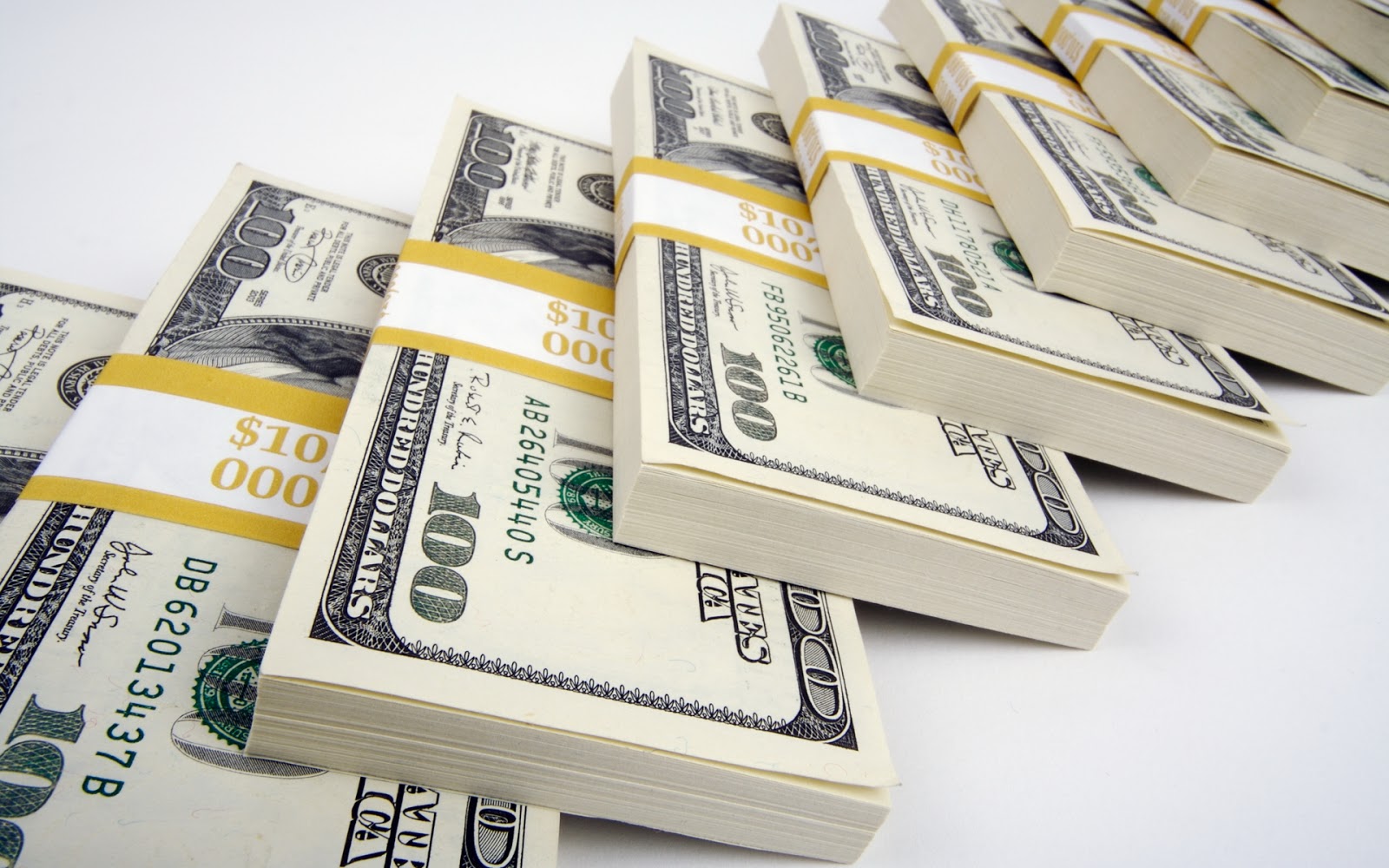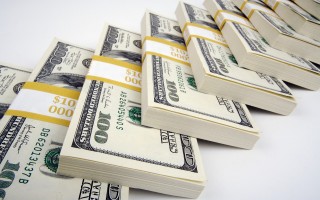Since the global oil price crash in 2014, Nigeria has been one of the hardest-hit economies due to its overdependence on oil as its main source of revenue. China’s economic slowdown, as well as the United States’ rate hike, also affected its economy adversely. As a result, Nigeria’s economic growth has declined dramatically, with its currency falling to an all-time low. Investors are pulling out regularly as most of them are scared to leave their investments in the country, thanks to new monetary policies. The Central Bank of Nigeria put in stringent policies to help save the naira from falling but they backfired.
However, it looks like the story is changing, as the CBN, which once showed that its decisions were not independent of the federal government, seems to be taking a new turn. It is still uncertain if the CBN will be able to sustain some of its recent policies, which are geared towards saving the naira from falling.
Below is the Ventures Africa Weekly Economic Index, for the week ending 3rd of March 2017. This economic index gives you a glimpse into the recent activities in Nigeria’s economy as well as changes that could affect the economy:
How did the naira fare?
 The naira depreciated again against the dollar at the parallel market to N465/$ on Friday 3rd March 2017, down from 445 on Tuesday 28 February 2017 as persistent dollar shortage continues to weigh on the economy.
The naira depreciated again against the dollar at the parallel market to N465/$ on Friday 3rd March 2017, down from 445 on Tuesday 28 February 2017 as persistent dollar shortage continues to weigh on the economy.
How low is the External reserve?

Data from the website of the Central Bank of Nigeria reveals that as of March 2nd 2017, Nigeria’s external reserve increased by $90.89 million to $29.74 billion from $29.65 billion recorded in February 28th 2017. This may be due to increase in oil production in the country as a result of the cease in attacks by the Niger Delta Militants.
Is Nigeria’s Economic situation getting better?

On Tuesday 28th of February 2017, the National Bureau of Statistics released its annual GDP figure for 2016. According to the report, Nigeria’s economic growth contracted by -1.51 percent for the year ended December 2016, representing the country’s first negative GDP growth since 1991. From research, Nigeria’s highest GDP growth rate remains 14.6 percent, which was recorded in 2006.
Nigeria Stock Market

According to the recent data released by the Nigerian Stock Exchange as of 3rd March 2017, the market closed trading on a negative note as the all share index decreased 0.94 percent from the previous week ending 24th February 2017. Market capitalization at the close of trading was N8.66 trillion. This represents a 0.94 percent fall in the all share index from the previous week.
Top five price Gainers and Decliners the week under review:
Top five price Gainers
- Nestle Nigeria PLC.,
- Okomu Oil Palm Plc.,
- Vitafoam Nig Plc.,
- AIICO Insurance,
- SEPLAT Petroleum Development Company Ltd.
Top five price Decliners
- United Capital Plc.
- Cadbury Nigeria Plc.
- 7-Up Bottling Comp. Plc.
- Transnational Corporation of Nigeria PLC
- Unity Bank Plc.
What happened to the Purchasing Managers’ Index (PMI)

The Central Bank of Nigeria, on Tuesday, 28th of February 2017 released the February 2017 report on Purchasing Mangers Index. According to the report, the Manufacturing PMI recorded a contraction in activities in February 2016 as it saw a 3.6 index point decrease from January. This represents a decline in two consecutive months. The decline was evident as 14 out of 16 sub-sectors reported a decline. These sub-sectors includes transportation equipment; paper products; electrical equipment; printing & related support activities; fabricated metal products; chemical & pharmaceutical products; furniture & related products; cement; plastics & rubber products; petroleum & coal products; textile, apparel, leather & footwear; computer & electronic products; nonmetallic mineral products and primary metal. However, appliances & components, food, beverage & tobacco products subsectors reported an expansion in the period under review.
However, according to data from the CBN, the PMI for non-manufacturing sector declined for the 14th consecutive month. The index stood at 44.5 points, indicating a faster decline when compared to the 49.4 points in January 2017. Out of the 18 non-manufacturing sub-sectors, 15 recorded declines in the following order: construction; professional, scientific, and technical services; water supply, sewage and waste management; accommodation & food services; public administration and arts.
Dividends Announced So Far In 2017

Tracking companies that have announced their dividends is very important for the country as it affects the share price of the company. This also enables people to know if they are eligible to collect the dividend, when it will be approved and when it will be paid. So far the companies that have announced the full year reports are Vitafoam Plc, Greif Nigeria Plc, United Capital, Nigerian Breweries, Transcorp Hotels Plc, Africa Prudential, Zenith Bank, Dangote Cement and Nestle Nigeria.
What is the value of Nigeria’s Export and Import in 2016?

According to the recent report released by the National Bureau of Statistics, 2016 ended with a total trade of N17,344.9 billion compared to N16,299.0 billion recorded in 2015 and N23,678.4 billion in 2014. The total exports in 2016 stood at N8,527.4 billion compared to N9,593.0 billion in 2015 while total imports stood at N8,817.5 billion compared to N6,697.9 billion in 2015. This translates into a negative trade balance of -N290.1 billion for 2016 compared to a trade surplus of N2895.0 billion recorded in 2015 and surplus of N8,929.6 billion in 2014. From the report, Nigeria’s largest import partners were China, Belgium, Netherlands, USA and India while its largest Export partners were India, Netherlands, USA, Spain and South Africa.








